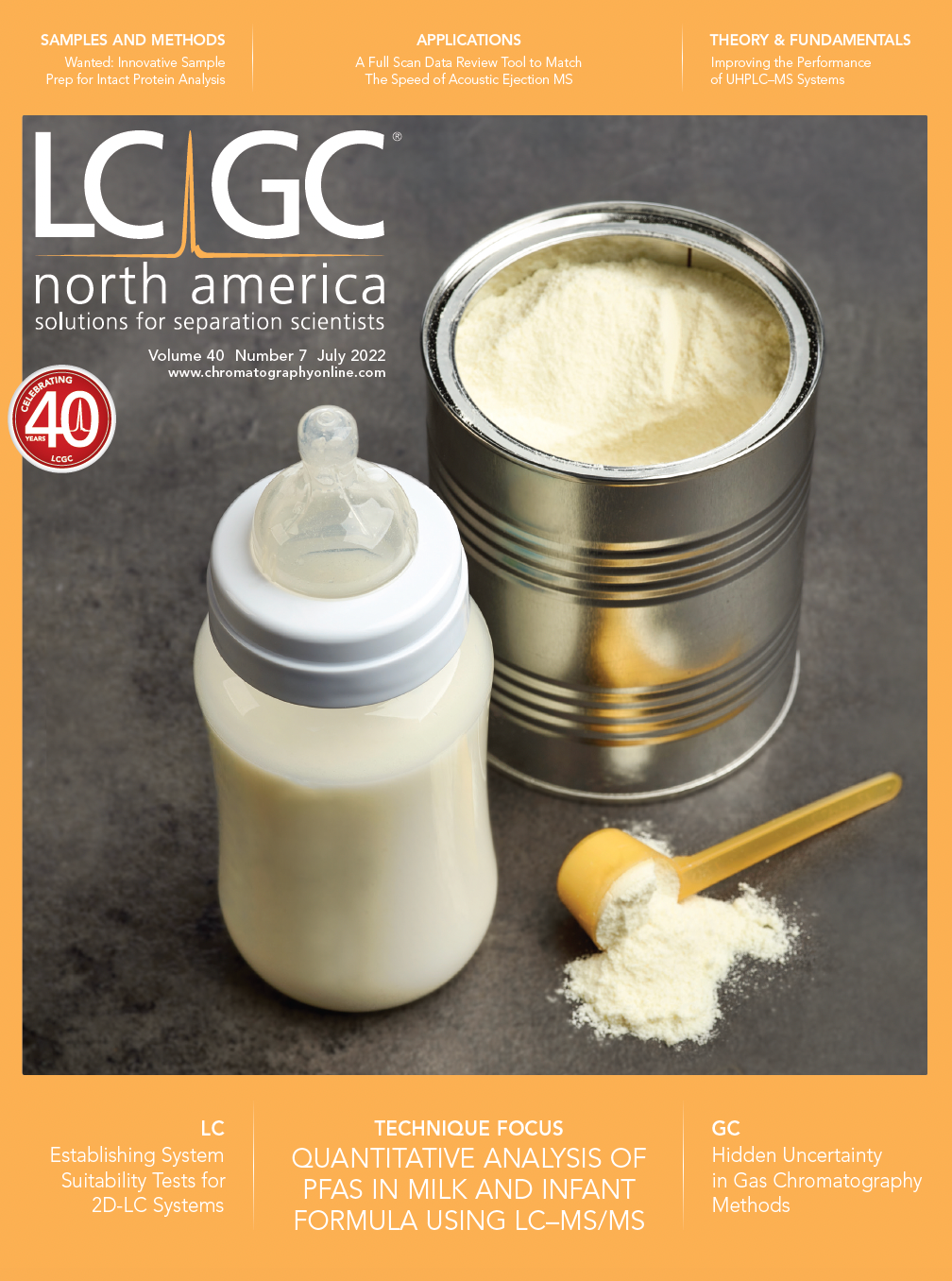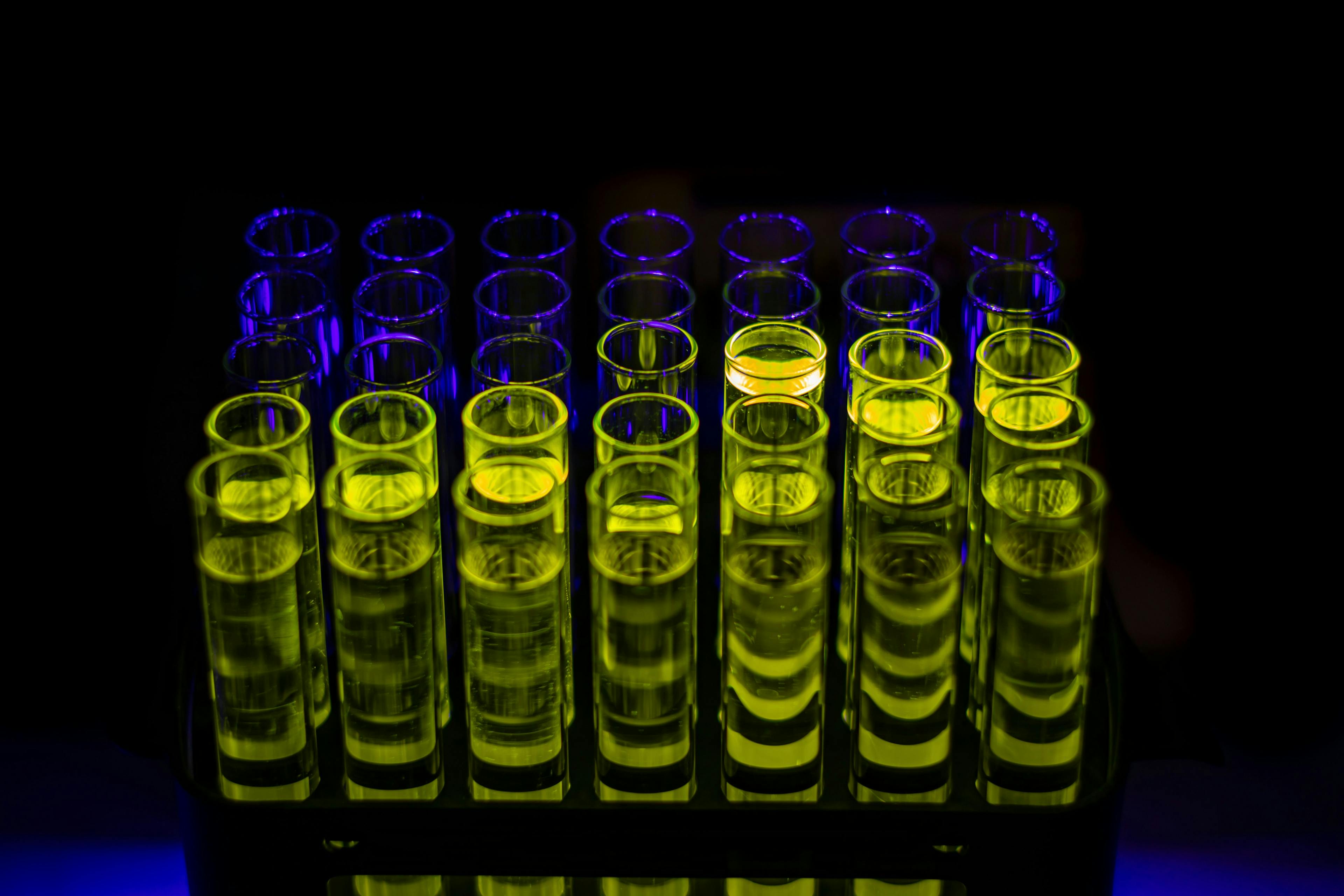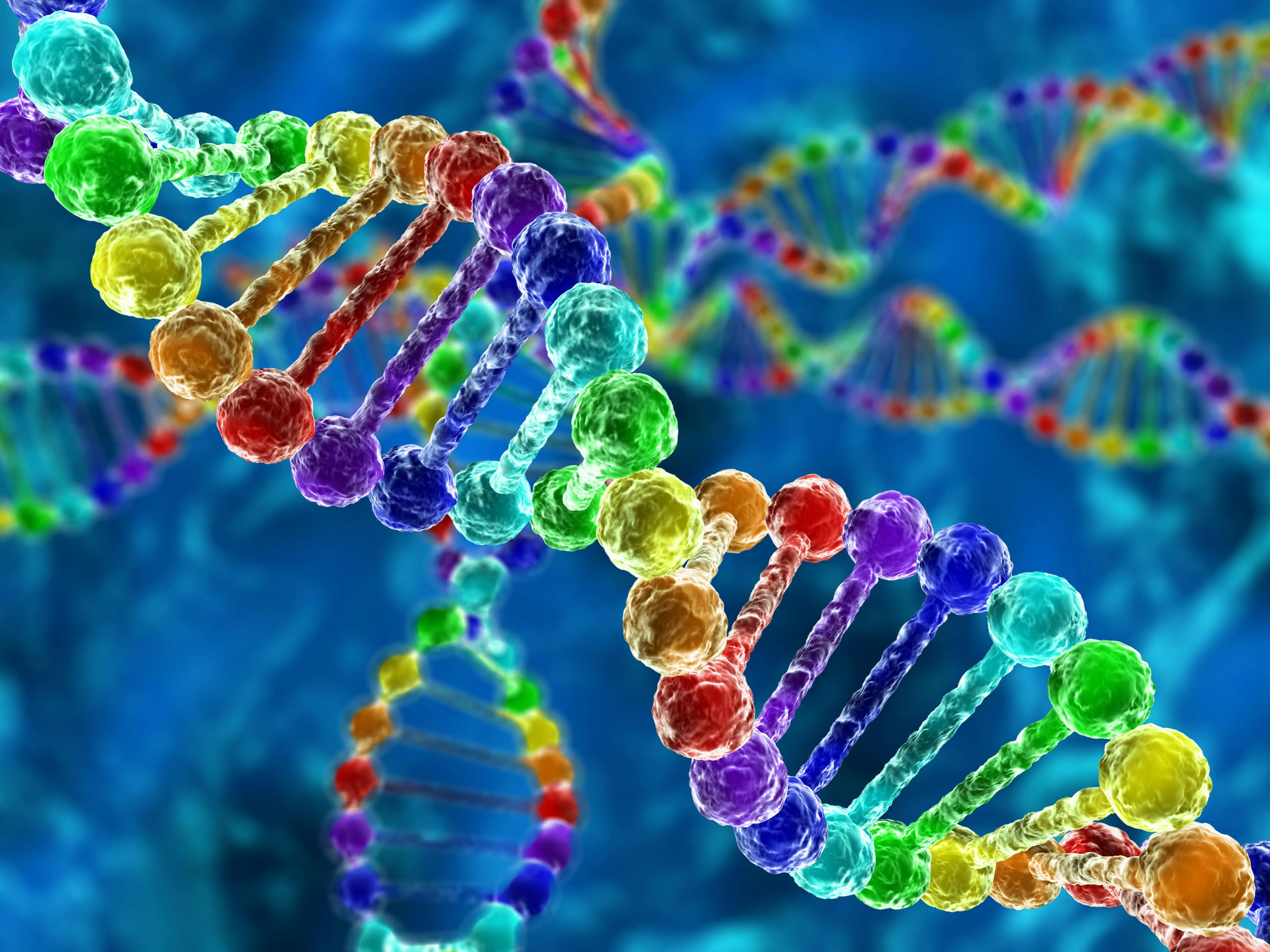Whence the Next Generation of Macromolecular Separations Scientists?
During my time in industry, I developed an interactive gradient polymer elution chromatography (i-GPEC) method to determine the vinyl alcohol (VOH) distribution in the vinyl butyral terpolymer that comprises the middle, polymeric layer of most automotive and architectural safety glass. Applying this method during one of the “routine crises” that arise in the industry, I was able to demonstrate that the undesirable behavior of a particular batch of polymer was because of its chemical composition distribution (CCD)— specifically, to the distribution in the percentage of VOH among terpolymer chains. This type of i-GPEC method is not one that is developed “on the spot” and without a good fundamental knowledge of polymer chromatography. Fortunately, building upon expertise in this area I had already taken the time to painstakingly develop and perfect this and related methods so that, when needed, fine-tuning one of them to a particular application could be done relatively quickly. However, waiting for a problem to manifest itself to then try and find an expert who can develop a non-trivial macromolecular separation is not the way to solve time-sensitive problems in industry. As a result, it is of paramount importance that companies develop their in-house macromolecular separations expertise.
Industrial managers and supervisors will recognize two immediate and related problems with my recommendation. First, they may not have any internal personnel in place with this type of knowledge who can further develop along these lines. Second, even if hiring is approved in this area, there is an almost complete lack of suitable candidates, even at the junior, entry-level stage. This leaves companies with three options: leaving an important characterization gap, hiring an unsuitable candidate with only a cursory knowledge of the subject matter, or getting involved into a bidding war for the few senior-level experts still working in industry. Worse, there is currently virtually no refilling of the supply pipeline of chemists trained in this area.
Training in macromolecular separations involves much more than “just” being trained in chromatography. One must also be an expert, or at least have knowledge of several layers beyond the superficial, in polymer and colloid science (and biochemistry or carbohydrate chemistry, or both) as well as in certain aspects of physics, fluid mechanics, and so on. There are a number of reasons for this. For example, as part of a macromolecular separations experiment, one will likely be dealing with light-scattering and viscometric measurements (among others) and interpretation of the results within the context of polymer science. As an example, one cares less about how much light is scattered by a polymer in solution upon irradiation by a light beam than about what this can tell us about the polymer’s molar mass and size, about the thermodynamic state of the solution, and more. In a general way, this is also true of any chromatographer in that they should have a decent knowledge of the intended analytes and of the detectors connected to the separation system. The additional challenge with macromolecular separations is the types of analytes studied, and the types of detectors most commonly employed, are not topics commonly taught in most chemistry departments. Polymers are usually given an at-best cursory look in most traditional organic and physical chemistry courses and detectors such as light-scattering photometers and differential viscometers are rarely mentioned in an instrumental analysis course. More fundamentally, the types of separation methods employed in polymer characterization are not usually taught even in traditional separations courses, save for some brief mention of size-exclusion chromatography (SEC) with, perhaps, a nod to field-flow fractionation. How many people who took a separations course learned anything about, for example, gradient polymer elution chromatography, temperature gradient interaction chromatography, or liquid chromatography (LC) at the critical condition, to name just a few macromolecular separations techniques? I bet the answer is “not many.”
Developing this type of program in an academic setting requires support. It is industry that will reap the most benefit from having a workforce trained in macromolecular separations. It is industry that continually expresses to me the need for trained polymer chromatographers. Thus, it is industry that should make its needs strongly felt to funding bodies while simultaneously providing funding for professors, especially assistant professors just starting their academic careers, who are willing to perform research and train students in macromolecular separation science. Without this type of financial support, young faculty are sure to either leave academia or to take their programs in a different direction, one in which funding is being provided; either case will result in faculty no longer training students in macromolecular separation science. Will the lack of trained students be noticed? Probably not—at least not until the next “routine crisis” occurs at a company.
André M. Striegel is with the National Institute of Standards and Technology (NIST), where he is currently Scientific Advisor in the Chemical Sciences Division.

Common Challenges in Nitrosamine Analysis: An LCGC International Peer Exchange
April 15th 2025A recent roundtable discussion featuring Aloka Srinivasan of Raaha, Mayank Bhanti of the United States Pharmacopeia (USP), and Amber Burch of Purisys discussed the challenges surrounding nitrosamine analysis in pharmaceuticals.














